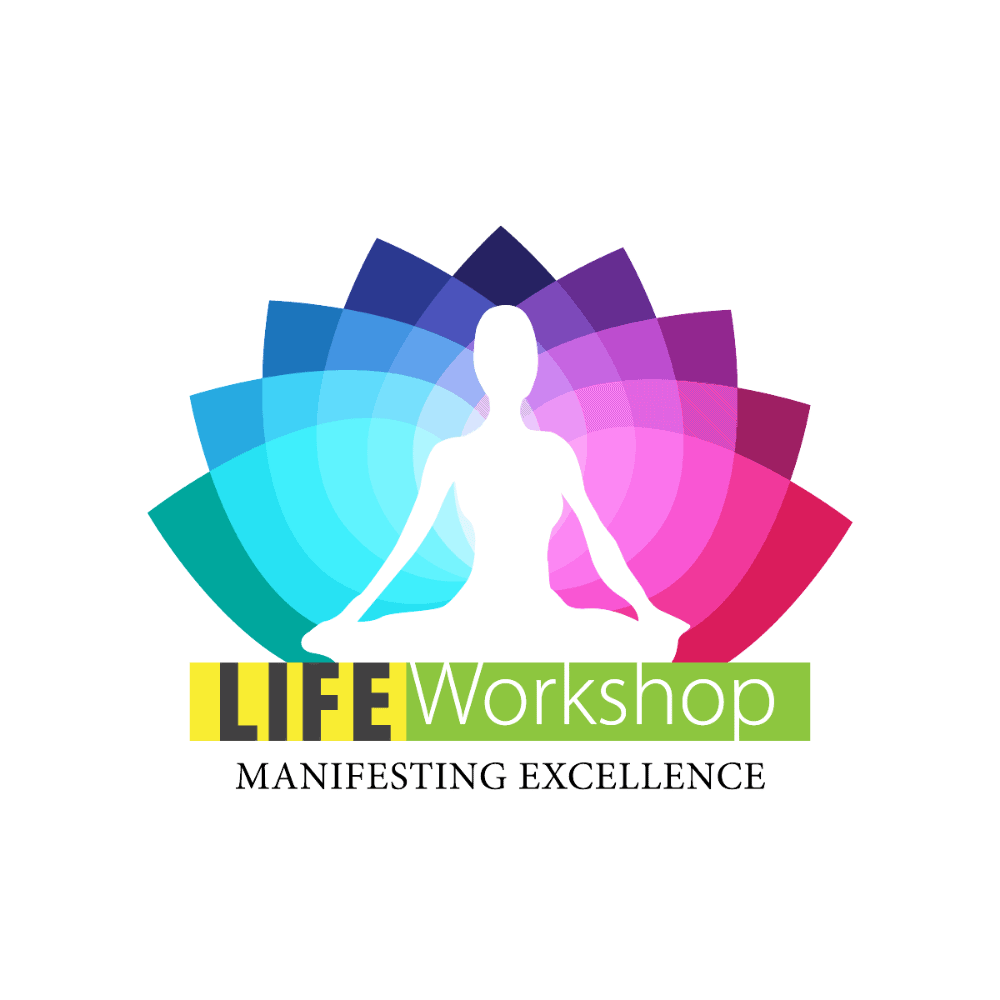
As children, learning is an important part of our lives. We continue on as young adults through college and learning on the job. But then, by the time we hit our thirties, many of us stop learning on a regular basis. We may pick up something new here or there, or learn a new piece of software or equipment at work. But for the most part, we feel that we’ve acquired all the knowledge we need in life. While that’s technically true, there is a lot to be said about lifelong learning.
Does this mean that you should go back to school as an adult? Not necessarily. While that’s certainly an option, formal education in a school or university setting isn’t the only way we learn and there’s a lot of advantages to self-learning in a variety of ways. Lifelong learning keeps your mind strong, helps you stay up-to-date on technology in a fast paced and every changing world, and improves quality of life.
Independent or self-paced learning can take a lot of different forms. You might simply decide to read up on a particular course through a variety of google searches. You can teach yourself a new skill through online articles and YouTube videos. Listening to audio books or formal lectures like those available at the “Great Courses” website are another option. And of course there are plenty of online and local courses you can take on all sorts of topics. Take a workshop, learn a new language, or find a new hobby that requires new skills. There is an almost unlimited about of knowledge out there that you can learn.
Learning is wonderful because it keeps us curious and our mind active. There’s a lot of pride and confidence that comes out of mastering a new skill, or figuring out a tough problem. Think of learning as a way to exercise your mind. Continued learning helps us understand the world around us, and the people in it better. That in turn will make us more compassionate and of course well-informed individuals. As an added bonus, self-paced learning is a great way to practice self-motivation, a skill that will come in handy throughout life.
Think about what you’re doing already that is part of life-long learning. What are some things you would like to learn? Start making a short list of knowledge and skill goals and then start tackling them one a time. Maybe you’ve always wanted to learn how to knit, or you’re interested in medieval history. Maybe you want to build your own computer, or learn how to operate a lathe. Make a plan and start making life-long learning a habit.
